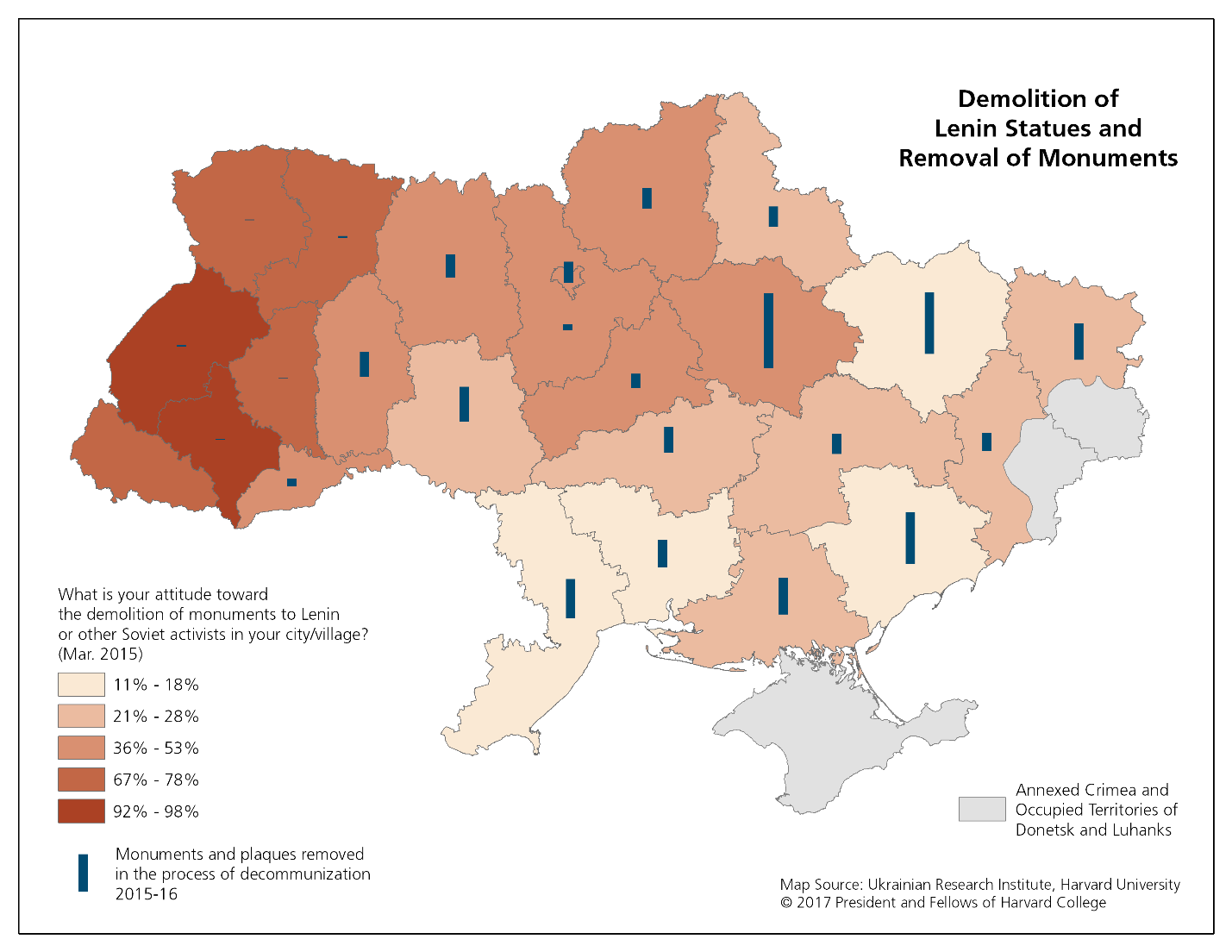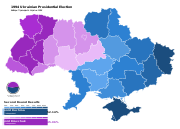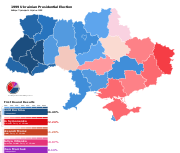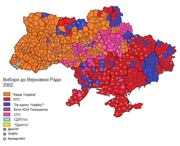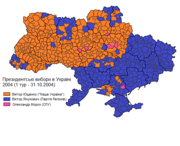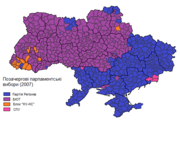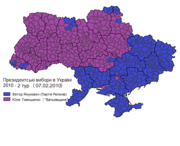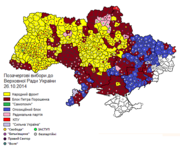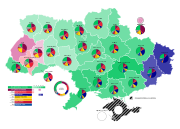Ukraine, nuclear weapons and the trilateral statement 25 years later
At the time, the Trilateral Statement was seen as a major achievement in Washington, as it eliminated hundreds of ICBMs and bombers and nearly 2,000 strategic nuclear warheads that had been designed and built to strike the United States. Not surprisingly, in light of Russia’s aggression, many in Ukraine now question the value of the Trilateral Statement and Budapest Memorandum. They argue that, had Ukraine held on to at least some nuclear weapons, Russia would never have dared move on Crimea and Donbas.
That argument is understandable and perhaps correct (although alternative histories are not always easy to envisage). However, had Ukraine tried to keep nuclear weapons, it would have faced political and economic costs, including:
· Kyiv would have had limited relations, at best, with the United States and European countries (witness the virtual pariah status that a nuclear North Korea suffers). In particular, there would have been no strategic relationship with the United States.
· NATO would not have concluded a distinctive partnership relationship with Ukraine, and the European Union would not have signed a partnership and cooperation agreement, to say nothing of an association agreement.
· Kyiv would have received little in the way of reform, technical or financial assistance from the United States and European Union.
· Western executive directors would have blocked low interest credits to Ukraine from the IMF, World Bank and European Bank of Reconstruction and Development.
To be sure, one can debate the value of these benefits. But those who now assert that Ukraine should have kept nuclear arms should recognize that keeping them would have come at a steep price. Moreover, in any confrontation or crisis with Russia, Ukraine would have found itself alone.
The Trilateral Process: The United States, Ukraine, Russia and Nuclear Weapons | Brookings
Getting the nuclear weapons out of Ukraine topped the U.S. agenda with that country in its first years of independence. Washington wanted the nuclear warheads transferred to Russia but was sympathetic to some of the Ukrainian government’s concerns and actively discussed the issue—and related questions such as compensation and security assurances—separately with both sides from early 1992 on.
...
The minimum requirements for Russia and the United States were that Ukraine transfer or eliminate the strategic offensive arms, including the strategic warheads, on its territory. While Washington shared Moscow’s minimum requirements, it also wanted to resolve the nuclear issue so that it could move to a regular relationship with Ukraine.
...
The initial U.S. fixation on nuclear weapons may well have had the unintended effect of increasing their value as a political bargaining chip in the minds of some Ukrainians.
...
The trilateral process succeeded because the sides were prepared to look for practical solutions and “do what worked.” On issues ranging from security assurances, to dealing with troublesome language in resolutions passed by the Rada (Ukraine’s parliament), to the need to keep some commitments in private channels, the sides found practical solutions.
Steven Pifer is a retired Foreign Service officer, more than 25 years with the State Department focused on U.S. relations with the former Soviet Union and Europe, as well as arms control and security issues.
He served as deputy assistant secretary of state in the Bureau of European and Eurasian Affairs with responsibilities for Russia and Ukraine, ambassador to Ukraine, and special assistant to the president and senior director for Russia, Ukraine and Eurasia on the National Security Council.
In addition to Ukraine, he served at the U.S. embassies in Warsaw, Moscow and London as well as with the U.S. delegation to the negotiation on intermediate-range nuclear forces in Geneva.

 I principali indici azionari hanno vissuto una settimana turbolenta, caratterizzata dalla riunione della Fed, dai dati macro importanti e dagli utili societari di alcune big tech Usa. Mercoledì scorso la Fed ha confermato i tassi di interesse e ha sostanzialmente escluso un aumento. Tuttavia, Powell e colleghi potrebbero lasciare il costo del denaro su livelli restrittivi in mancanza di progressi sul fronte dei prezzi. Inoltre, i dati di oggi sul mercato del lavoro Usa hanno mostrato dei segnali di raffreddamento. Per continuare a leggere visita il
I principali indici azionari hanno vissuto una settimana turbolenta, caratterizzata dalla riunione della Fed, dai dati macro importanti e dagli utili societari di alcune big tech Usa. Mercoledì scorso la Fed ha confermato i tassi di interesse e ha sostanzialmente escluso un aumento. Tuttavia, Powell e colleghi potrebbero lasciare il costo del denaro su livelli restrittivi in mancanza di progressi sul fronte dei prezzi. Inoltre, i dati di oggi sul mercato del lavoro Usa hanno mostrato dei segnali di raffreddamento. Per continuare a leggere visita il 